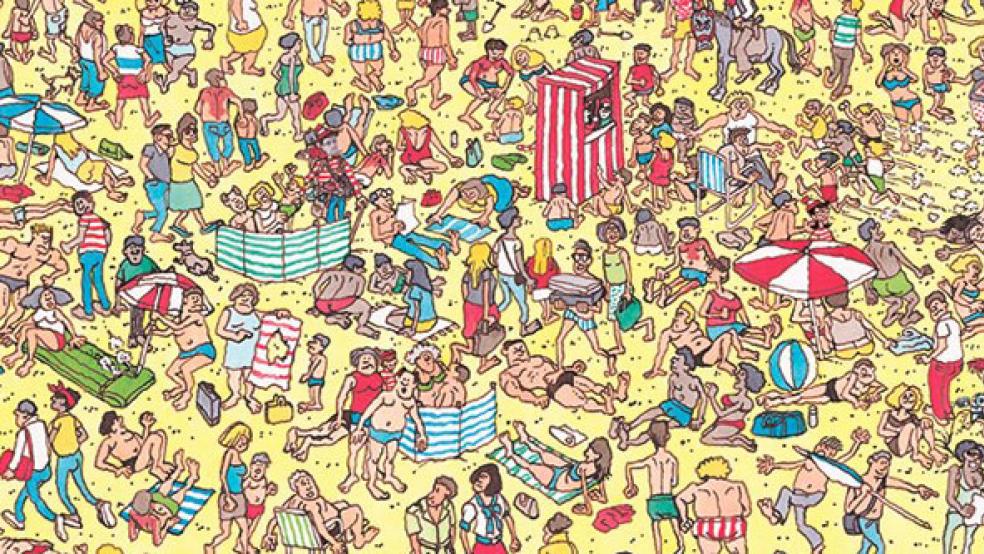Where is Edward Snowden?
That’s the question reporters in Moscow are scrambling to answer. He was expected to fly from the Russian capital to Havana today, but was not on the flight. The White House is now pressuring Russia to detain the former NSA contractor who is now accused of espionage, but the Kremlin has given little indication of Snowden’s whereabouts or its willingness to detain him.
It’s not clear they even know where he is.
RELATED: HOW EDWARD SNOWDEN GOT ‘TOP SECRET’ CLEARANCE
The “Where’s Snowden?” game has moved the saga over his leaks on U.S. cyber surveillance from a noble struggle for privacy rights to an all-out farce. It’s no longer about PRISM and other cyber surveillance programs. The story is now about Snowden.
THE COCKEYED NARCISSIST
As the narrative develops, Snowden’s words and actions do not show him to be a modest defender of online privacy. He is revealing himself to be a naïve narcissist who has not come close to grasping the consequences of his actions. His Hong Kong attorney, Albert Ho, said as much, telling The New York Times that Snowden is a “kid” who “never anticipated this would be such a big matter.”
Evidence of Snowden’s naïveté and narcissism continued to mount Monday. For instance:
- Snowden told the South China Morning Post that he took the NSA job specifically to steal documents related to cyber surveillance. Leaking secrets you come across in the course of doing your job is one thing; taking a job just to steal documents and release them is another. Snowden doesn’t seem to grasp the difference.
This also suggests Snowden believed he would become an Internet hero immune to pursuit based on this celebrity. He stole and leaked U.S. secrets to get attention without understanding the consequences this action would bring.
- Snowden’s attorney in Hong Kong said that Snowden left the city because he did not want to be held in a place that didn’t provide computer access. Ho said Snowden was surprised to know he could be detained for his actions, and was stunningly unaware of how the legal process would play out.
Snowden became the story when he agreed to go public just days after reports based on the documents he leaked were published. He then complained that the media was too focused on him and not on the documents. Yet he remained in the spotlight – leaking information to reporters and conducting online chats with readers.
- Snowden’s actions show a stunning lack of understanding of international law. According to reports, he went to Hong Kong with no real plan; he thought that the Hong Kong and Chinese governments would protect him based on the virtues of his actions. He was blissfully unaware of how the extradition process works and did not grasp the idea that the Chinese government might just tell him to get lost. Now he’s reportedly hiding in Russia, a country where any opposition to Vladimir Putin’s government is squashed, and where reporters have been killed after revealing wrongdoing. If he takes sanctuary in Ecuador, he’ll be in a country that Freedom House has described as “partially free,” with an “unfree” press. Cuba, another option, is a dictatorship, while Venezuela, also rumored to be on Snowden’s list, and is a democracy in name only.
Snowden’s most powerful ally is WikiLeaks and Julian Assange. Whatever your stance on Assange’s online actions, he’s a dubious character in real life. He can’t leave Ecuador’s British embassy because he faces rape charges in Sweden.
Perhaps the most disturbing aspect of the Snowden affair is that he had access to classified information in the first place. This saga has revealed character flaws that a proper background search should have been able to detect. If other leakers want to go the same route as Snowden, the government’s broken screening process makes it virtually impossible to stop them.






